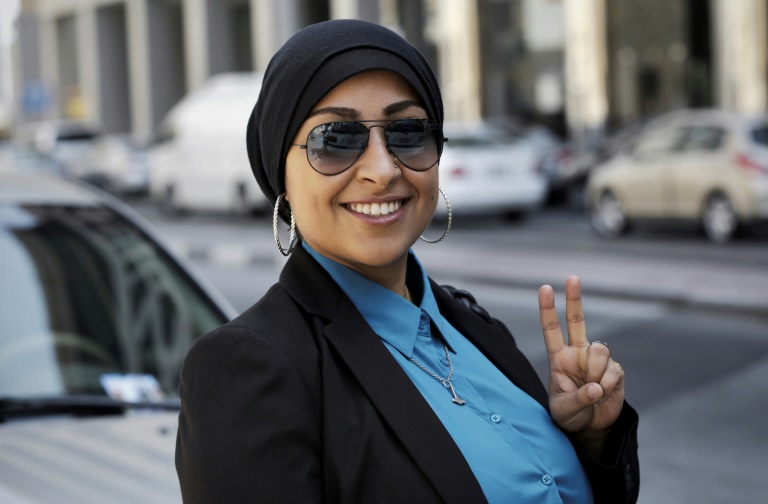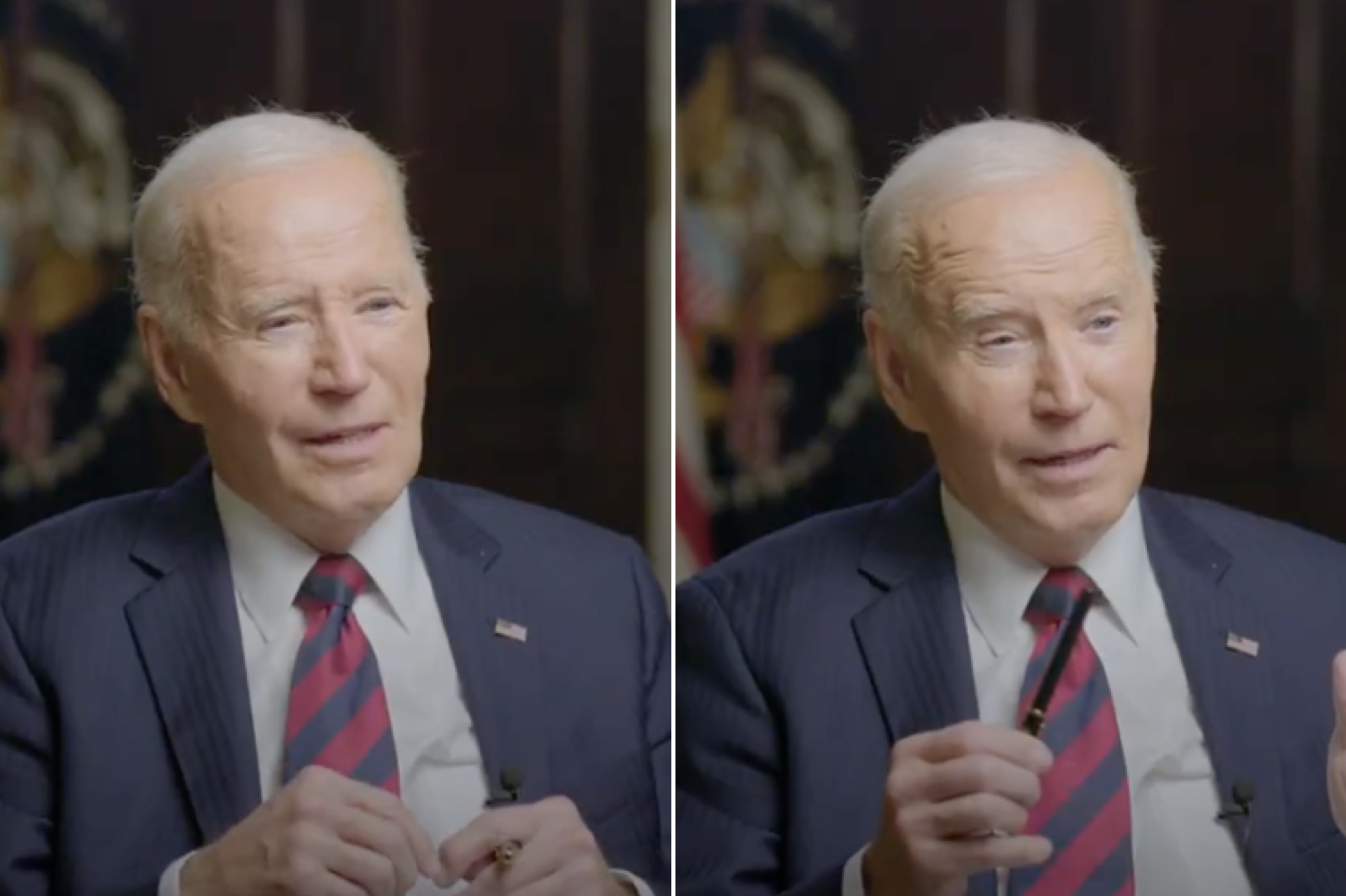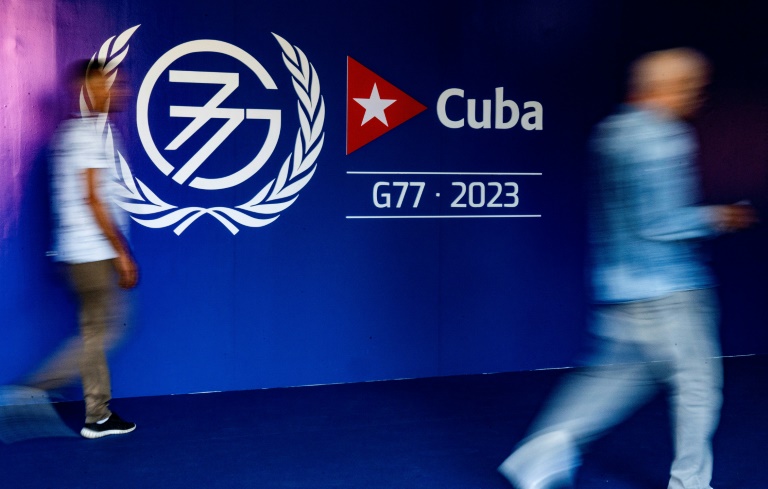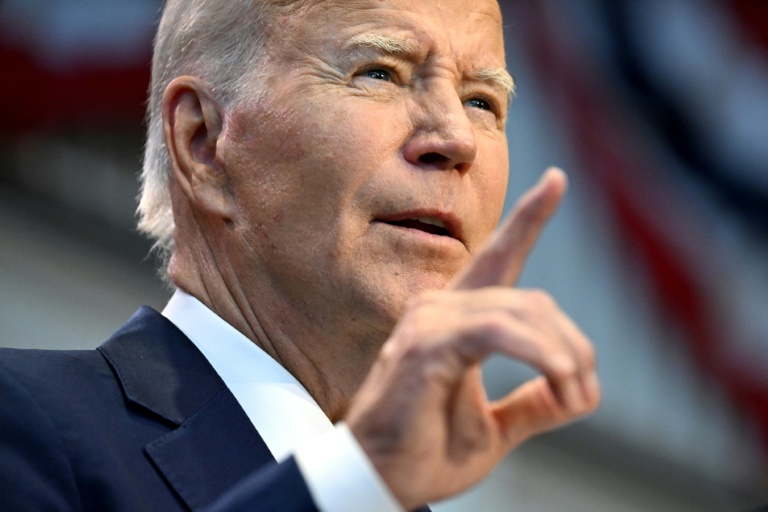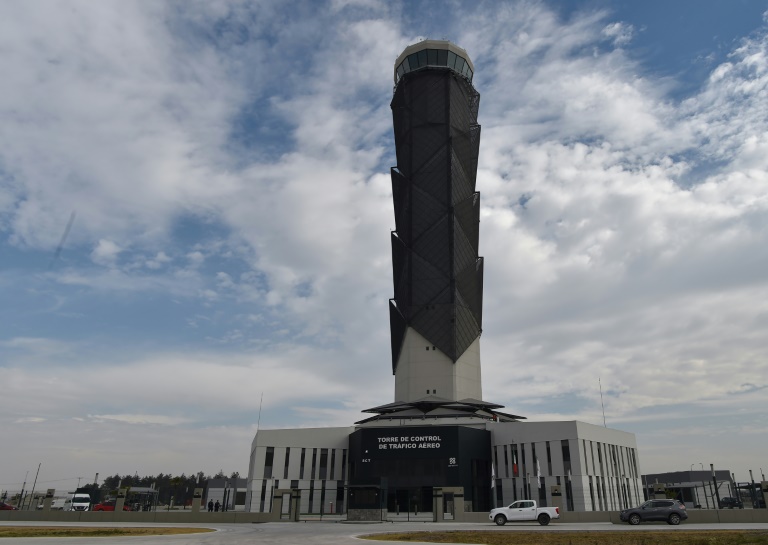A Bahraini activist fears she may spend years in prison after she returns this week to support her father, a jailed pro-democracy protest leader who she says is on hunger strike.
Maryam al-Khawaja told AFP she expects to be arrested on arrival in the Gulf kingdom, where she was convicted in absentia of assaulting police on her last visit in 2014, a charge she denies.
Amnesty International secretary general Agnes Callamard will accompany Khawaja because “there is no other other option to save Abdulhadi’s life”, she said in an interview.
Olive Moore, interim director of rights group Front Line Defenders where Abdulhadi was once employed, will also join Khawaja along with Action Aid-Denmark’s secretary general Tim Whyte.
The group is travelling to Bahrain after a mass hunger strike that involved at least 800 prisoners and ran for 36 days, according to activists, was halted on Monday following an offer of improved conditions.
Khawaja is worried about the health of her father, Danish-Bahraini citizen Abdulhadi al-Khawaja, who she said has resumed his hunger strike in protest at lack of access to medical care.
“I am taking this step because my father’s life is at risk, and I can no longer sit around and wait for that phone call where I am told that he has died in prison,” Maryam al-Khawaja said.
“Therefore, I am taking this step as a means of last resort to try to save my father’s life.”
Bahrain’s General Directorate for Reform and Rehabilitation, in a statement to AFP, denied Khawaja was on hunger strike and said he had been given “all necessary medical care”, and had “no serious health concerns”.
Khawaja received a life sentence in 2011 for organising Shiite-led protests against the government. He is one of scores of dissidents imprisoned since authorities backed by a Saudi military force crushed the demonstrations.
The mass hunger strike triggered small, scattered street protests almost daily in the strategically placed island, a key US ally which hosts the US Navy’s Fifth Fleet and lies across the Gulf from Shiite theocracy Iran.
Callamard said Maryam al-Khawaja “risks being arrested, being ill-treated, as has been the case before”, calling the charges against her “ludicrous”.
“We want to be present as a form of protection, minimum protection that we can offer the daughter of a human rights defender and a defender herself,” Callamard told AFP.
“It is a mission of love. It’s a mission of determination to make the world understand what’s happening in Bahrain, what’s happening to Abdulhadi and the fact that if we wait any longer, he could die. This is a mission to save his life.”
A planned visit this week by the UN Human Rights Office to inspect the prisons was postponed at the request of the Bahrain government, the agency’s spokeswoman told AFP.
Maryam al-Khawaja, who received a one-year sentence for assaulting two police women in 2014, and has another four cases pending, added: “I am definitely afraid of being arrested.
“I am going there knowing that this might mean that I spend the rest of my life in prison,” she said.
Abdulhadi al-Khawaja, Maryam and her sister Zainab were nominated for the Nobel Peace Prize in 2013. The father received the prestigious Martin Ennals Award for human rights campaigners in 2022.
His detention was categorised as “arbitrary” by the UN Working Group on Arbitrary Detention in 2012, because it resulted from the exercise of fundamental rights.
Maryam al-Khawaja is preparing to return as Bahrain’s crown prince, Prime Minister Salman bin Hamad Al Khalifa, holds talks with senior officials in Washington.
US Secretary of State Antony Blinken, who signed a new security agreement with the crown prince on Wednesday, promised to raise the issue of human rights with the kingdom.
When asked whether Khawaja would be arrested on her return, a Bahrain government spokesperson told AFP: “Individuals who are convicted in a court of law are subject to legal proceedings and due process.”
AFP

